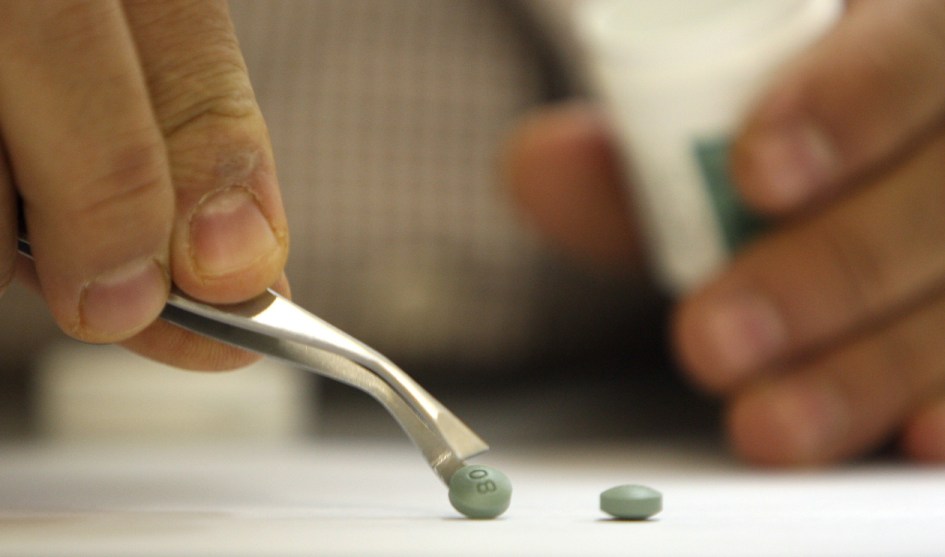
The Toronto Star via ZUMA
I wrote yesterday about opioids and pain treatment, and along the way I mentioned that the trend toward more opioid prescribing was blessed in 2001 by The Joint Commission, an accrediting agency for medical facilities. That year they issued new guidance about pain management, which required hospitals to treat pain “aggressively” if they wanted to remain accredited.
I had a strong recollection that the commission’s recommendations had been heavily influenced by lobbying from the pharmaceutical industry, but I didn’t trust my memory about that and wasn’t able to immediately find confirmation. However, Dr. Anna Lembke is an expert about this. She’s the author of Drug Dealer, MD, a book about the forces that have driven our nationwide opioid addiction. Here she is in an NPR interview a few months ago:
On what Lembke means when she says that big medicine and Big Pharma “were in cahoots”
The pharmaceutical industry realized that they can no longer directly go to doctors to get them to prescribe their pills. Various regulations were put in place to prevent them giving gifts and pens and hats and things that we do know can influence doctor prescribing. So instead they took a kind of Trojan horse approach and infiltrated regulatory agencies and academic medicine in order to convince doctors that prescribing more opioids was evidence-based medicine, and evidence-based medicine means medicine based on science, and that’s something that all doctors are supposed to practice. …
So for example, what they did was Purdue Pharma joined forces with the Joint Commission, and the Joint Commission is an organization that accredits hospitals, and Purdue Pharma gave all kinds of teaching material to the Joint Commission and said, “You really need to make doctors treat pain more aggressively and that needs to be a quality measure.” So the Joint Commission said, “You know what? You’re absolutely right, and we’re going to do that and we’re going to take your videos that you made that tell doctors that opioids aren’t addictive as long as they’re treating them for pain.” …
So it became a kind of groupthink where it looked like treating pain aggressively with opioids was something that was based on science, when in fact it was based on Big Pharma’s influence of these major regulatory bodies.
As I said yesterday, there’s plenty of blame to go around. But there’s no question that Big Pharma deserves a big share of it.













